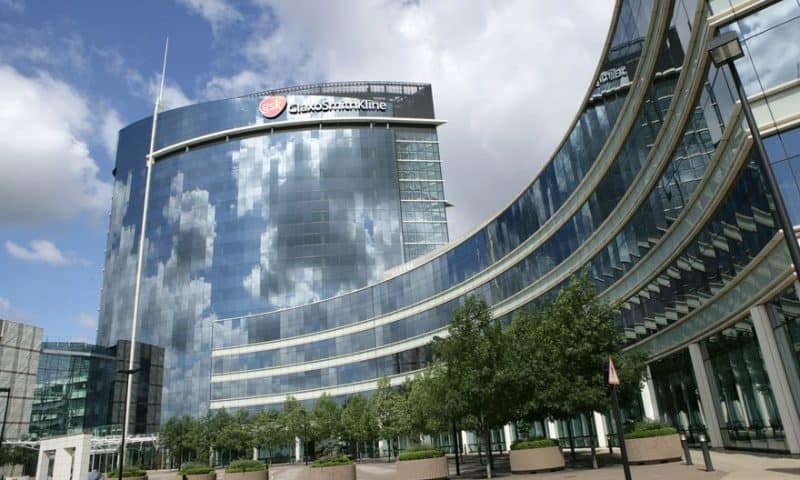With a new research team, outlook and more than a little help from the tech world, GSK has been quietly going about shoring up its pipeline.
After seeming to turn away from oncology R&D under its old CEO Sir Andrew Witty a few years ago, new CEO and R&D head Emma Walmsley and Hal Barron, respectively, have made powering their pipeline out of the slow lane the priority.
Today, GSK announced that one of its top prospects (and a drug Barron has singled out in the past) has been handed an FDA priority review. The speedy appraisal is for its BCMA therapy belantamab mafodotin in relapsed or refractory multiple myeloma, after releasing initial results last summer where it hit its primary goal and demonstrated a “clinically meaningful overall response rate.”
The drug, an anti-BCMA antibody-drug conjugate that uses Seattle Genetics’ technology, moved into phase 2 on the back of the 60% response rate achieved in an earlier trial. In the most recent analysis of the earlier trial, the complete response rate was 15% and progression-free survival stood at 12 months.
GSK achieved those results in a potentially hard-to-treat population. Fourteen of the 35 patients enrolled in the second part of the previous study had received five or more prior lines of therapy, although only 13 of the participants had taken Johnson & Johnson’s anti-CD38 antibody Darzalex.
The top-line findings shared last August came from an even harder to treat patient population, with GSK limiting enrollment to people who had already tried an anti-CD38 antibody as well as a proteasome inhibitor and an immunomodulatory drug. In the earlier trial, the response rate fell to 38.5% in people previously treated with Darzalex, as compared to 71.4% among patients who had taken J&J’s drug.
At the end of last year, more detailed numbers came out when the trial, published in The Lancet Oncology, showed the company tested each dose of belantamab mafodotin—2.5 mg/kg and 3.4 mg/kg—in about 100 patients who had tried a median of seven other treatments. These included a proteasome inhibitor, an immunomodulatory drug and an anti-CD38 antibody such as Darzalex.
Of the 97 patients who received the lower dose, 30 patients, or 31%, had their tumors shrink, and three patients saw them banished entirely. The response rate was similar in the 99 patients who received the higher dose: 34%.
GSK wants to establish belantamab mafodotin as a go-to drug for patients whose disease advances following treatment with therapies such as Darzalex. In the longer term, GSK wants to use its drug, which also has an FDA “breakthrough” tag, in earlier lines of therapy.

